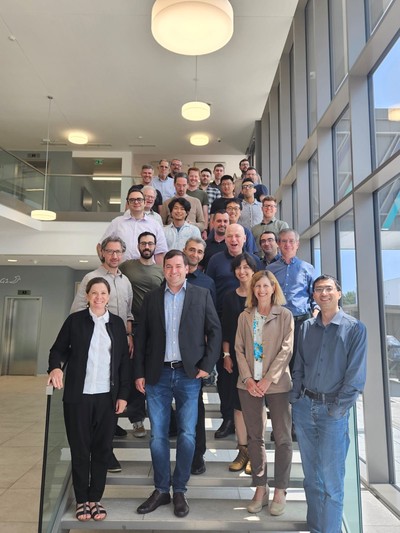RobustifAI
RobustifAI is a Horizon Europe project aimed at creating a comprehensive design and deployment methodology for reliable, robust, and trustworthy Generative AI (GenAI). The project officially started on June 1, 2025, and will run for 36 months with a total budget of €9.3 million, of which the Austrian contribution is approximately €1.36 million. Securing this funding is a significant achievement for the RobustifAI consortium, as only three out of 131 submitted proposals were selected for funding.
TU Wien has joined the RobustifAI consortium, which brings together 18 partners from 12 countries — 17 from Europe and one from India. The consortium includes seven universities, two research and technology organizations, five SMEs, and four major companies: Collins Aerospace, Siemens, Thales, and Thales SIX GTS FRANCE.
TU Wien is represented by Prof. Ezio Bartocci, Professor of Formal Methods in Cyber-Physical Systems at the Faculty of Informatics. He contributes renowned expertise in the rigorous development and analysis of learning-enabled autonomous systems to the consortium. The AIT Austrian Institute of Technology brings its strengths in applied formal methods for AI-based systems and in shaping future AI policies.
The RobustifAI project aims to develop practical solutions to improve the robustness and trustworthiness of GenAI, particularly in safety-critical applications. GenAI, including foundation models, has significant potential to transform industries by learning patterns from data and generating new content. However, its current weaknesses — especially in technical, operational, and user-related robustness — can lead to misuse, safety risks, and barriers to broader adoption.
RobustifAI focuses on addressing these challenges in Human-Cyber-Physical Systems (HCPS)—complex environments where computers, networks, humans, and physical processes work together to monitor and control real-world systems. Such systems are widely used in areas like transportation, healthcare, energy, and manufacturing. Such systems are particularly demanding for GenAI because they involve real-time operations, safety-critical decisions, physical impacts, and human interaction. These complexities make robustness essential.
By improving GenAI’s reliability in HCPS, RobustifAI aims to develop methods and tools that can be applied across different industries, unlocking the full potential of generative AI in a safe, trustworthy, and scalable way.
© AIT
